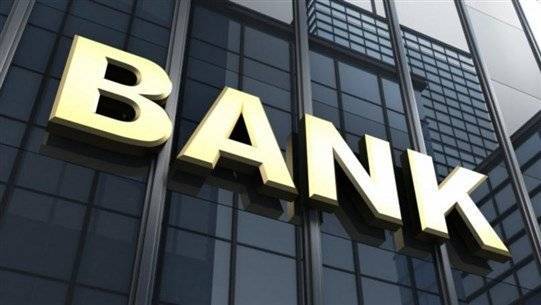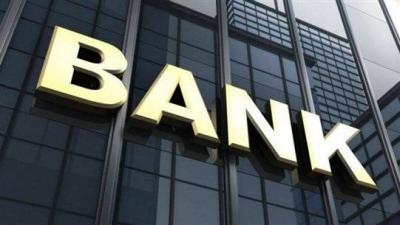The Lebanese ministerial team tasked with negotiations with the International Monetary Fund (IMF) is working on updating the memorandum of financial and economic policies and finalizing the texts for submission to parliament after the Eid al-Adha holiday. This aligns with the verbal commitments made by Prime Minister Najib Mikati before the parliamentary finance and budget committee last Thursday, which include introducing some significant amendments, particularly regarding the protection of depositors' rights in banks and the establishment of a "recovery fund."
In parallel, the relevant departments in the Ministry of Finance have begun reviewing expenditure and revenue data in the draft budget law for the current year. They are preparing an attached study to determine the exchange rate and its impact on citizens, which includes the customs dollar price stuck between various proposals ranging from 8,000 to 12,000 Lebanese pounds as a first phase. This aims to restore the relative balance lost in the state's public finances due to the significant discrepancies between the official exchange rate of 1,515 pounds to the dollar and the average of 25,000 pounds set by the central bank, while the price in unregulated markets ranges between 28,000 and 30,000 pounds per dollar.
Mikati is urging, according to financial sources following the situation, his ministerial and advisory teams to extract the new text formulations for the memorandum and amendments to the budget project, reflecting the directions he conveyed to the parliament and his responses to their concerns. This would enable the government, even in a caretaker capacity supported by the legislative authority and financial sector, to speed up the transition from the initial agreement with the IMF mission to achieving the final formulation of the complete recovery plan before presenting it to the IMF's senior management and finalizing a financing program worth 3 billion dollars over four years.
The "Middle East" observed that after Mikati's interventions in the parliament, he received positive feedback regarding the financial sector and encouraging preparations to meet the new adjustments on financial rescue paths, signaling a completely different spirit compared to the previous confrontational stance, which faced rejected proposals both parliamentary and economically. These proposals involved writing off about 60 billion dollars of banks' deposits at the central bank, which would automatically place the largest burden of the estimated 75 billion dollar financial gap on bank depositors, leading to the state owing around 100 billion dollars and freeing the central bank from debt payment obligations and covering their shares of incurred losses.
A senior banking official, speaking with "Middle East," confirmed the “cautious relief” in the banking sector towards the new “dynamics” in governmental approaches and the imperative to bolster Lebanon's file with the fund, supported by broad national consensus that underpins the necessary structural reforms regarding state management and institutions and correcting deviations in monetary policy and public finance. This should begin with productive cooperation from the executive and legislative authorities regarding procedural measures and issuing a package of laws complementing the rescue plan, while also ensuring a "safe" start for the restructuring of the monetary authority and the banking system.
The official acknowledges the reality of the authorities’ inability to adequately meet the requirements of the reformative goals sought by the IMF and the international community, which are essential conditions for assisting Lebanon in emerging from the spiral of collapses it is experiencing on all financial, economic, and living levels. However, there is hope to stimulate the necessary response through the harsh truths that signal a rapid descent towards a “big crash,” linked to the sharp declines in the hard currency reserves at the central bank, which have fallen below 10 billion dollars. This could pose serious risks that extend beyond the relatively controlled monetary levels under "Sayrafa platform," jeopardizing the little remaining support system for essential medicines and bread while exacerbating hyperinflation that has exceeded a cumulative index of one thousand percent.




